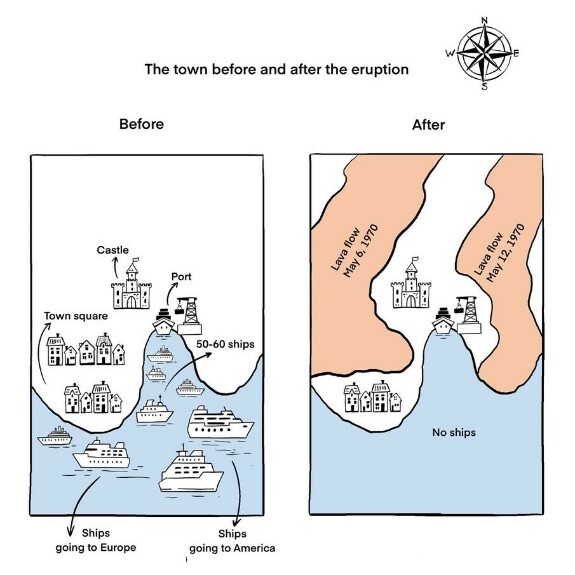🎵 IELTS Writing Task 2: What can the arts tell us about life that science cannot? 🎵
This is one of the most challenging—and therefore interesting—topics I’ve ever had to write an IELTS essay on. That’s why I can’t help sharing.
Topic: “In today’s world of advanced science and technology, many still greatly value artists such as musicians, painters and writers. What can the arts tell us about life that science cannot?”
"Arts and sciences are often viewed in opposition to each other. Some people even argue that since arts—unlike science—do not deal with objective facts, they do not help us gain a deeper understanding of life. They do, however, give us insights into what science does not or cannot explain.
First and foremost, arts provide individual perspectives on and personal reactions to facts. While science aims to discover and describe the laws that govern our world, arts aim to communicate how these laws affect or are perceived by a specific person. For example, a scientific text can describe how malignant cells spread in a cancerous tumor, but it is a creative text that will give a first-hand account of what the patient feels upon learning the news they have cancer or of how they handle combating the disease. Thus, in a sense, arts allow one individual to access many different experiences, ones the individual might ever not encounter in their real life.
Another important function arts serve is explaining—or at least attempting to explain—some elusive concepts that science has thus far been unable to. “Soul” is a good case in point. As yet, scientists haven’t been able to detect it, with some even arguing that there is no such entity as a soul. Yet, most of us intuitively understand that we have one—an intangible combination of our feelings and thoughts. This is where arts come into play. Most people report that some works of art, music or visual arts in particular, speak to their soul in some unfathomable way. Other art forms, such as literature or cinematography, enable the creators to explore what a soul is by placing the characters of the narrative in testing life situations. More examples of similarly nebulous notions would be love or the meaning of life. Even when arts, like science, cannot provide a precise and coherent explanation of a certain phenomenon, audiences still relate not only to the topics explored but also to the search for explanations.







